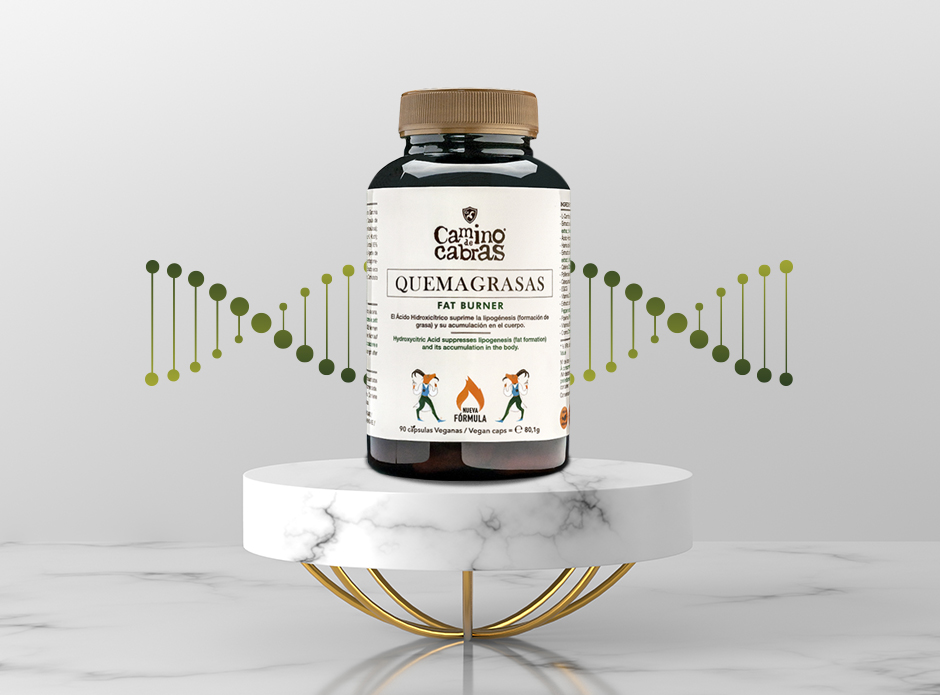It is quite possible that on more than one occasion you have heard about the expression “non GMO”. But… Do you know what it means?
It is normal not to know what “non GMO” is, since we usually identify GMO products as “transgenic”. The acronym GMO corresponds to the expression “Genetically Modified Organism, that is, organisms whose genetic material has been altered through genetic engineering techniques in order to increase their size, smell or color, immunize them against pests, make them last longer etc.
All that glitters is not gold … what we don’t know about GMO foods
As start, using technology to produce bigger, tastier and more resistant foods can seem like an advantage for everyone, right?
We are sorry to tell you that it is not so …
Despite the fact that the food industry defends that GMO foods are not dangerous to health, studies such as the one carried out by The Cell Research Laboratory have emerged in recent years, which was in charge of analyzing the DNA modifications of GMO foods and how they can get to be incorporated into the cells of the organs through the bloodstream once the digestive system processes the nutrients that these foods contain.
This analysis highlights the potential impact that GMO foods can have on organs such as the liver by increasing levels of LDL cholesterol (the “bad” cholesterol), affecting fertility in men and women, their immune response and among many others, damaging cells in charge of fighting cancer.
All this has led to the emergence of various organizations over the last few years that seek to fight against this type of product.
Risk levels associated with “non GMO” products
When identifying non-GMO products, several levels of risk have been determined that you must take into account:
High level of GMO risk: This category includes those foods that involve genetically modified organisms in their production such as alfalfa, corn, cotton, animal products, germs …
Low GMO risk level: Although products at this level are not produced using genetically modified organisms, it is not possible to ensure that they are completely risk-free. In this set are foods such as tomatoes, sesame seeds, lentils, avocados.
Products without GMO risk (or non GMO): These types of products are not derived from biological organisms and therefore do not involve genetic modification.
How to avoid GMO foods
Now that you know them, it is time to learn to avoid them. To do this, below we leave you a small guide with some very simple tips that will help you avoid GMO foods.
Avoid foods like corn, soybeans, cotton, and canola
These 4 products are found, although many times we do not see them with the naked eye, in most packaged foods that we can find in any supermarket. Therefore, unless they include organic certification, it is highly advisable that you stop consuming them.
Be aware of the code on the fruit and vegetable labels.
When buying fruits and vegetables you should look for a 4 or 5 digit code that is normally found on a round stamp attached to the product. You should avoid those that start with 8.
If it consists of a 5-digit code, despite the fact that they are not considered GMO foods as they are conventional products, they may include pesticides or other toxic compounds.
It is advisable to acquire those whose code begins with a 9, which certifies that they are organic products.
Be careful with sugars
If it is already advisable to avoid it, sugar is among the genetically modified products. If there is no other alternative, cane sugar is the solution. Another possible option is to turn to sweeteners such as agave, pure stevia extract, or xylitol. Be careful with aspartame, since this sweetening substance is included in the list of GMO products.
Processed additives are the enemy.
Look at the composition of many products and try to avoid some ingredients that are derived from GMO. Among the most common, it is possible to identify maltodextrin, lactic acid, dextrose, malt syrup, sorbitol…
Dairy, with care
Dairy cows are fed in many cases with GMO feed and feed, therefore, any product derived from cow’s milk that does not have the organic product label or that specifies that it does not include RGBH (the growth hormone coil) is a GMO food.
Do you know what we mean when we say that Camino de Cabras Health supplements are “non-GMO”? Have you noticed if the brand you consume daily is free of these substances?
Your health is our reason for being, and to take care of it there are no better guarantees than those that nature gives us. Therefore, in addition to avoiding GMO substances, our formulas are free of any potentially harmful ingredient for the body: sugars, gluten, animal products, aggressive chemicals … Only nature to take care of you naturally!



